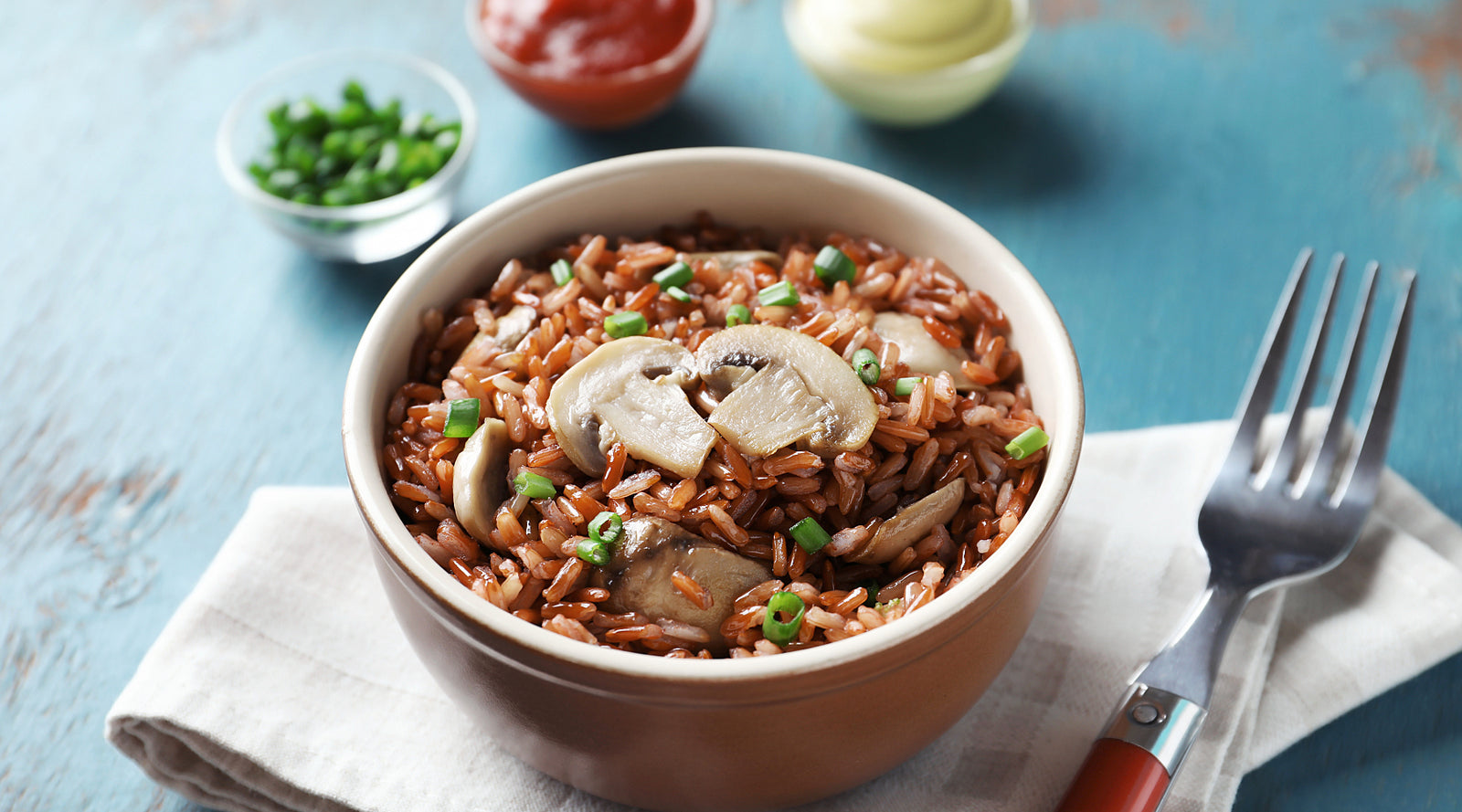Carbohydrates are an often discussed and debated topic in the health industry. Many people place all carbs in the same category, but they are not all created equal. In pursuing optimal health, it can help to go back to the basics to understand the importance of this food type, key differences, how they impact your body, and how best to include them in your diet.
Carbohydrates are one of the three major macronutrient groups that make up all foods. They provide your body with essential nutrients and energy and are the body's preferred fuel source. While your body is able to produce energy from the other two major macronutrients, protein and fat, it is a less efficient process that may come at the expense of other things, such as losing muscle mass.
When you eat carbohydrates, your blood sugar rises. Certain hormones, such as insulin, help regulate blood sugar levels and keep them balanced, which is crucial for normal bodily functions. Eating too little or too many carbohydrates or consuming too many processed carbohydrates can also cause certain hormones to become imbalnced.
There are two main types of carbs — simple and complex — and your body responds to each differently.
Simple carbs are made up of short molecules and are broken down and digested quickly by your body. This means they can raise blood sugar levels more quickly, but often this rise is followed by a sharp decline not long afterward. Simple carbs are often found in highly processed foods, refined grains and sugars, and should be eaten sparingly.
Complex carbs are larger molecules that take longer to digest and absorb. This leads to a more gradual and stable rise in blood sugar. These types of carbs provide more nutrients than simple carbs and provide better support for overall health, so they should make up the bulk of the carbs you consume. Foods that contain starch and fiber are also sources of complex carbs. Examples include whole grains, fruits and vegetables, beans and lentils.
The amount of carbs you need is highly individualized and depends on things like your gender, activity level, and current health conditions. Many people become so focused on trying to stick to a certain number of carbs per day they can lose sight of the actual foods and nutrients they are consuming. But restricting your carb intake to a certain number does not automatically equal a healthy body. There is a big difference between eating 30g of net carbs from food like beans or vegetables then getting the same amount from fruit juice or candy. So instead of focusing only on the number, it is also important to focus on where the carbs are coming from.
There is no exact formula for determining how many carbs you need. Certain health conditions, as well as your health goals, influence what the right amount may be for you. Weight loss, gain or maintenance all require a different approach to carbs. For most people, counting and tracking carbohydrates is not necessary. Thankfully, you can still achieve desired results and positive health outcomes without following precise or overly strict diet plans.
While low carb diets are popular and may produce short-term results, they are not sustainable for most people and may end up doing more harm than good in the long run. Very low carb diets are stressful on the body, and research shows they can increase your risk of health complications. Not eating enough carbohydrates may also interfere with your hormones by negatively impacting your adrenal glands, thyroid function, reproduction, and more.
However, like eating too much of anything, eating too many carbs for your body and lifestyle can lead to weight gain over time. Non-starchy vegetables are rich in nutrients and fiber but low in carbohydrates and if weightloss is the goal focus on the majority of your carbohydrates from dark green leafy vegetables, cabbage, cauliflower, broccoli, tomatoes. Adjust your intake of starchier, more carbohydrate dense options like root vegetables based on your bio-individuality.
The best thing you can do when it comes to eating carbs is to include them as part of a balanced diet in the way that works for you. Pairing complex carbs with lean protein and healthy fats can help provide more nutrient density, keep blood sugar levels more balanced, keep you fuller for longer, and support hormone balance - key to how we feel and look.
Here are three simple but healthy meal ideas:
Breakfast: Purple crush smoothie with a cup of wild berries, greens and a serving of an all-in-one protein powder. Enjoy some gluten free whole rolled oatmeal on the side if you are not looking to lose weight, or post-workout
Lunch: Entree salad made with leafy greens, 2-3 cups of a variety of colorful veggies, high quality - lean protein like grilled chicken breast or a plant-based option like chickpeas or hemp hearts with half an avocado or a home made dressing of olive oil and lemon juice.
Dinner: Baked or grilled fish paired with roasted vegetables like broccoli, cauliflower, onions and mixed peppers, seasoned herbs and spices.
Ultimately, for most people the body will do well eating carbs, what is more important is to be eating the right types and amounts for your specific needs in order for your body to function properly. Working alongside a health coach can help you further understand the importance of carbs and tailor specific recommendations to your unique needs.
